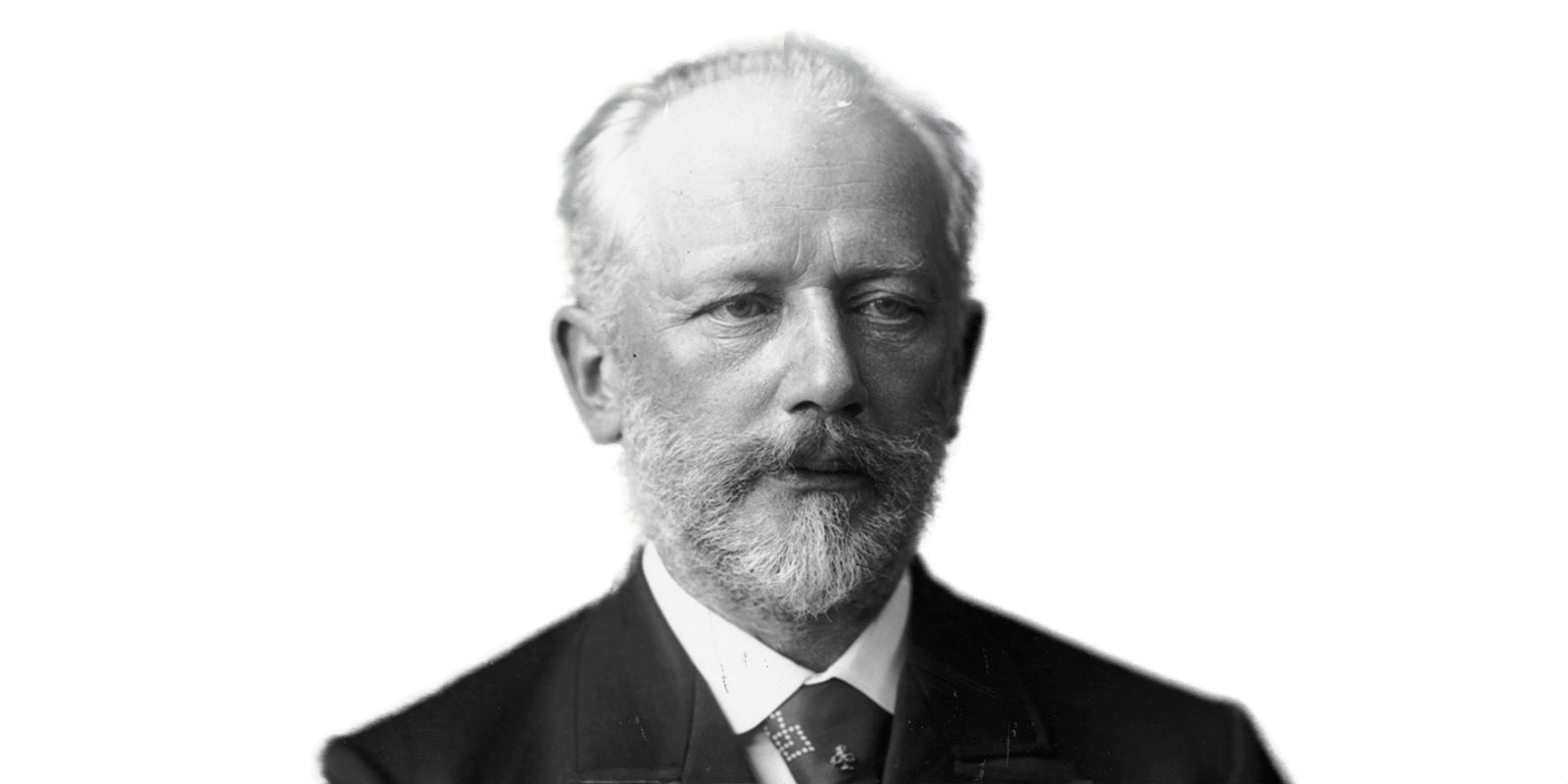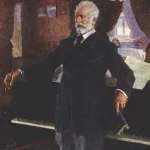
11.12.2022
His creative path was not a bed of roses. At the very beginning he was often sharply criticized for his desire to please the listener.
Then, when he was often in Europe and tried to combine the best of Western culture with traditional Russian features, he found it difficult to meet the unanimity of the audience. It was only towards the end that his genius was truly appreciated.
Tchaikovsky’s earliest works are dated 1854. These were small pieces – “Anastasia the Waltz” and the romance “My Genius, My Angel, My Friend…”. His student works of the conservatory period already reveal him to be a master. One of the works is a program work to the drama of N.A. Ostrovsky “Thunderstorm”. Later Pyotr Ilyich and the famous playwright were not only bound by fond friendship, but also by creative projects. So in 1873 was written music to the fairy tale “The Snow Maiden”, later on the same theme wrote the opera Nikolai Rimsky-Korsakov.
This time (late 60’s and early 70’s) was for him a creative search, most appealing to folk art. It was around that time that his collection “50 Russian Folk Songs for Piano for 4 Hands” was published. The fairytale-mythical plot inherent in folklore was embodied in the opera Undine. Its first production was a sensational success, but by the end of the season it had already been removed from the repertoire. The composer destroyed the manuscript. Only several fragments of the music later made their way into The Snow Maiden. They show that by that time Peter Ilyich had mastered the technique of coloristic writing.
Over the years he worked at the Conservatoire he wrote many pieces; of the most significant ones, four symphonies, five operas, the ballet Swan Lake, a piano concerto, and three string quartets brought him international fame.
Gradually he came to the understanding that he needed to devote more time to composing music. The exhausting work at the conservatory demanded a great deal of time and energy. And in 1878 Tchaikovsky spent his last lessons, but for the rest of his life he retained correspondence with many of his students, who later became famous performers. In his letters he always remained their teacher and censor, giving advice.
In 1877 the composer began work on Eugene Onegin. Overwhelmed by the work, he somehow married Antonina Milyukova too hastily. The marriage fell apart just a few weeks later. Everything about the young wife irritated Tchaikovsky. And living together with her became a serious trial for him. The mental torment of this period led to a nervous breakdown and affected his music. It so happened that written at that moment “Eugene Onegin” and the 4th symphony became the pinnacle of his creativity.
In 1878 he went abroad to recover from the events that had taken place. Then Nadezhda Filaretovna von Meck, a patron of the arts and an admirer of Pyotr Ilyich’s works, began to help him. For long 14 years, they corresponded, but never met. Nevertheless, her moral and material assistance allowed Pyotr Ilyich to work relatively freely, he could not look back at the publishers or the management of the theaters.
Since the 1880s, he toured the world extensively. He makes personal acquaintances with such pillars of European and Russian culture as Leo Tolstoy, Edvard Grieg, Antonín Dvořák and many others. All that strong impressionability of his absorbed like a sponge the richness and diversity of the world. He is one of the fortunate few who managed to win the recognition of the public, critics, and colleagues during his lifetime.




